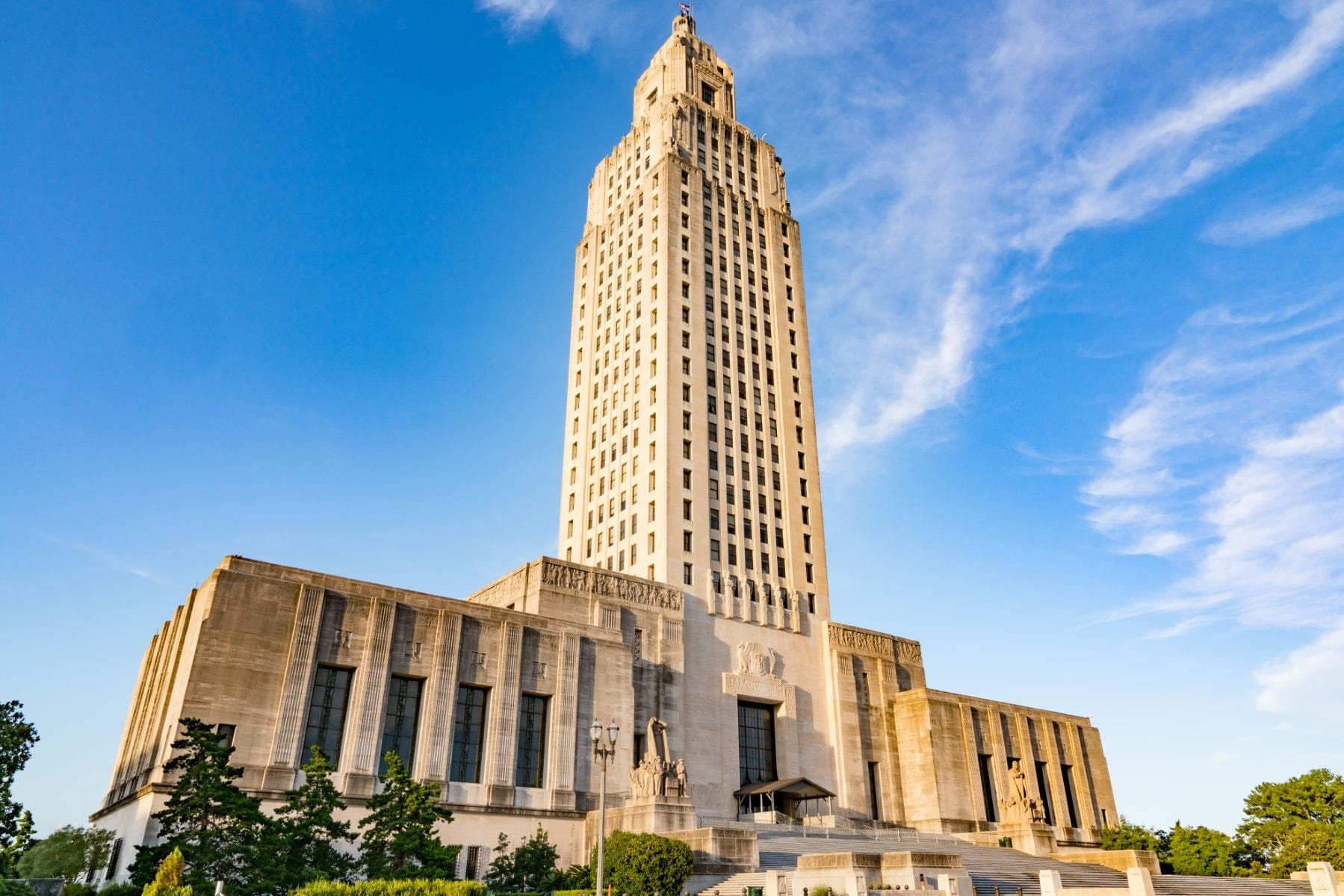Louisiana Expert Witness Report Rules
Expert witness report requirements in Louisiana are flexible, governed by court orders, emphasizing compliance and the integrity of the judicial process.
Updated on
In this article
Are Expert Witness Reports Required in Louisiana?
In Louisiana, the requirement for expert witness reports is governed by Louisiana’s Code of Civil Procedure, specifically under La. C.C.P. art. 1425. According to this statute, parties must disclose the identity of any expert witness they plan to call at trial, along with the subject matter and substance of the expert’s testimony. While the statute does not universally mandate expert reports, it stipulates that a written report may be required if ordered by the court or agreed upon by the parties involved. Typically, such reports are disclosed during the discovery phase and are often subject to deadlines established by the court’s scheduling order (La. Code Civ. Proc. art. 1425).
What is Required in a Louisiana Expert Witness Report?
When a written expert witness report is required in Louisiana, several key elements must be included:
- Opinions and Bases: The report should clearly state the expert’s opinions and the bases for these opinions.
- Data and Exhibits: Any data considered by the expert and exhibits to be used must be included.
- Qualifications: The expert’s qualifications, including education and experience, should be detailed.
- Compensation: Information regarding the compensation to be received by the expert for their services.
Louisiana’s requirements align closely with federal standards, but the necessity for a written report depends on specific court orders or agreements between the parties (La. Code Civ. Proc. art. 1425).
Scope and Authorship of the Report
The authorship of an expert witness report in Louisiana primarily lies with the expert themselves. However, attorneys may have some involvement, particularly in ensuring compliance with legal standards. The extent of permissible attorney involvement is generally limited to administrative assistance and ensuring the report meets procedural requirements. The scope of the report may vary depending on the type of expert testimony or the specific case at hand, subject to court orders.
Missing, Deficient, and Untimely Reports
Failure to provide a report when required, or submitting an incomplete or late report, can lead to significant consequences. Under La. C.C.P. art. 1425, the court may exclude the expert’s testimony or impose other sanctions to prevent prejudice. These sanctions serve to maintain the integrity of the judicial process and ensure fairness to all parties involved.
Original, Supplemental, and Rebuttal Reports
Louisiana’s Code of Civil Procedure does not explicitly distinguish between original, supplemental, and rebuttal reports. However, courts may allow these types of reports based on the context of the case and scheduling orders. The purpose and timing of supplemental or rebuttal reports are typically governed by court discretion and the specifics of the discovery process.
Relevant State Rules and Legal Requirements
The primary authority governing expert witness disclosures in Louisiana is La. C.C.P. art. 1425. This article outlines the general requirements for expert disclosures and the potential consequences for non-compliance. Key cases interpreting these rules often emphasize the court’s discretion in managing expert discovery and the importance of adhering to procedural timelines.
In summary, Louisiana’s approach to expert witness reports is structured but flexible, with court orders playing a significant role in determining specific requirements. Legal practitioners must remain vigilant in following these guidelines to ensure compliance and avoid adverse legal consequences.


